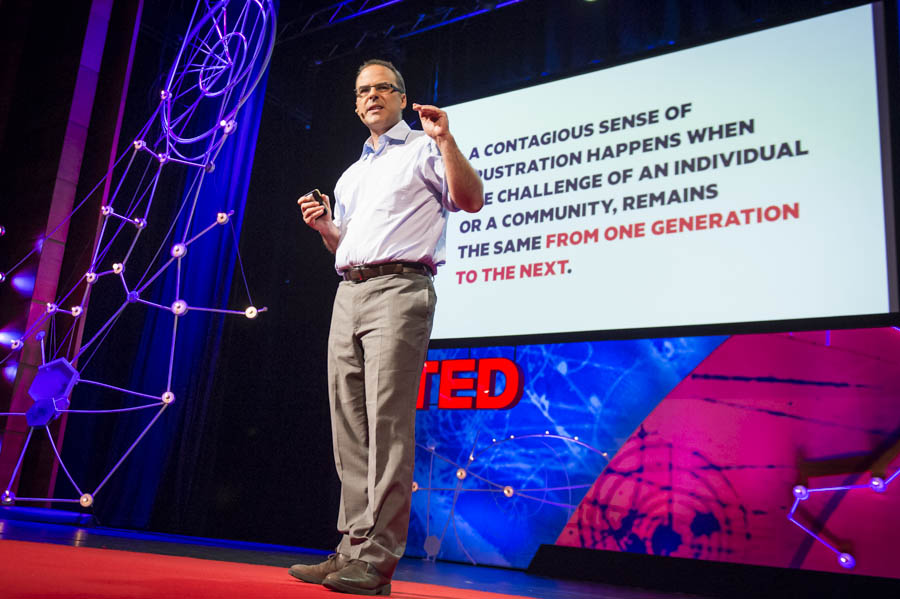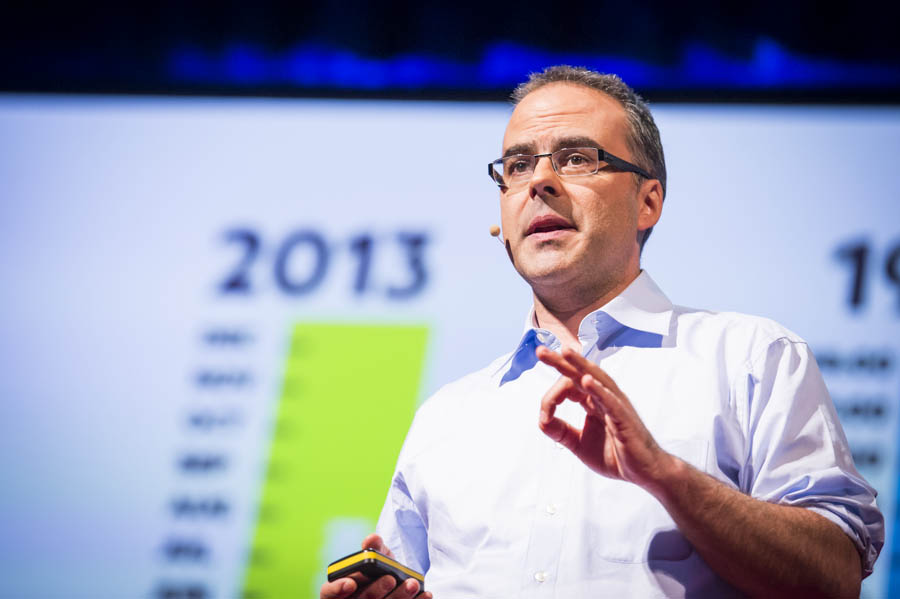Twenty years ago, economic policy expert Juan Pardinas took a road trip through a continent that no longer exists: Latin America. He set out from Montreal on an 18-month research trip that taught him an invaluable lesson: “The past is not a fixed blueprint in the construction of the things to come; the future is not a mechanical repetition of the present.” Looking back at the past half-century in Latin American history, Pardinas suggests, shows how the continent can be a model for the possibility of change.
Mexico
For seventy years, Mexico was ruled by one party, what became the Institutional Revolutionary Party (PRI). At every election, “you didn’t need a crystal ball to see who was going to win,” Pardinas jokes. But toward the end of the 20th century, things started changing — peacefully, without any dramatic coup. In small towns, opposition parties started winning elections; then it happened in small cities, and finally at the national level. The PRI lost the majority, and in 2000 the first non-PRI candidate in over half a century was elected the president of Mexico. No walls were torn down, no constitution was rewritten, no dictator ousted. It was, Pardinas says, “political change without a photo opportunity.”
Brazil
In 1993 Brazil was in the middle of an economic meltdown. The inflation rate was at 400 percent a month. Prices could go up 10 percent in a single day. Shopping at a supermarket in Brazil, says Pardinas, was comical: There was a giant blackboard over the head of the cashier, and you could watch as three guys frantically updated the prices while you stood in line to check out. Today, the hyperinflation of ’90s Brazil is gone. The expected inflation for all of 2013 is equivalent to the inflation between 8am and 6pm in any single day in 1994. And one effect: since that time, Brazil has pulled 28 million people out of poverty.
Colombia
On his road trip, Pardinas and his friends avoided Colombia. The country was crime-ridden: private armies from the right, guerrillas from the left, drug traffickers from all over the political spectrum. “Colombianization” at that time meant a spiral of increased chaos and violence; today, the same word is synonymous with hope. Bogotá has never been safer. From last year to this year, the capital had its lowest murder rate in 27 years, making it a safer city than Chicago. Colombia has also become a hub for political innovation. Antanas Mockus, former mayor of Bogotá, was elected with a program that asked people to pay an extra 10 percent voluntary tax. Over 60,000 people agreed to do so.
Things aren’t perfect in any of these countries, says Pardinas, but progress is happening. He quotes: “A contagious sense of frustration happens when the challenge of an individual or a community remains the same from one generation to the next.” And certainly there are still dark parts of the continent stuck in the past. Cuba is an island stuck in time, with ongoing international support for dictatorship; the politics of Venezuela and Bolivia “look like a postcard from the Cold War.” But bit by bit, pragmatism and common sense are changing Latin America, says Pardinas. And that may very well change the continent’s destiny.


Comments (2)